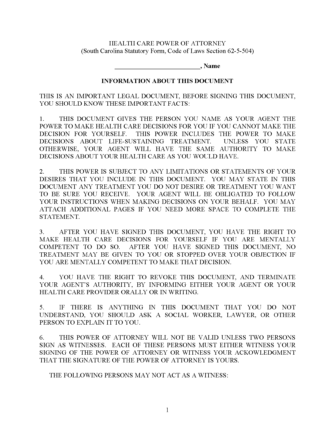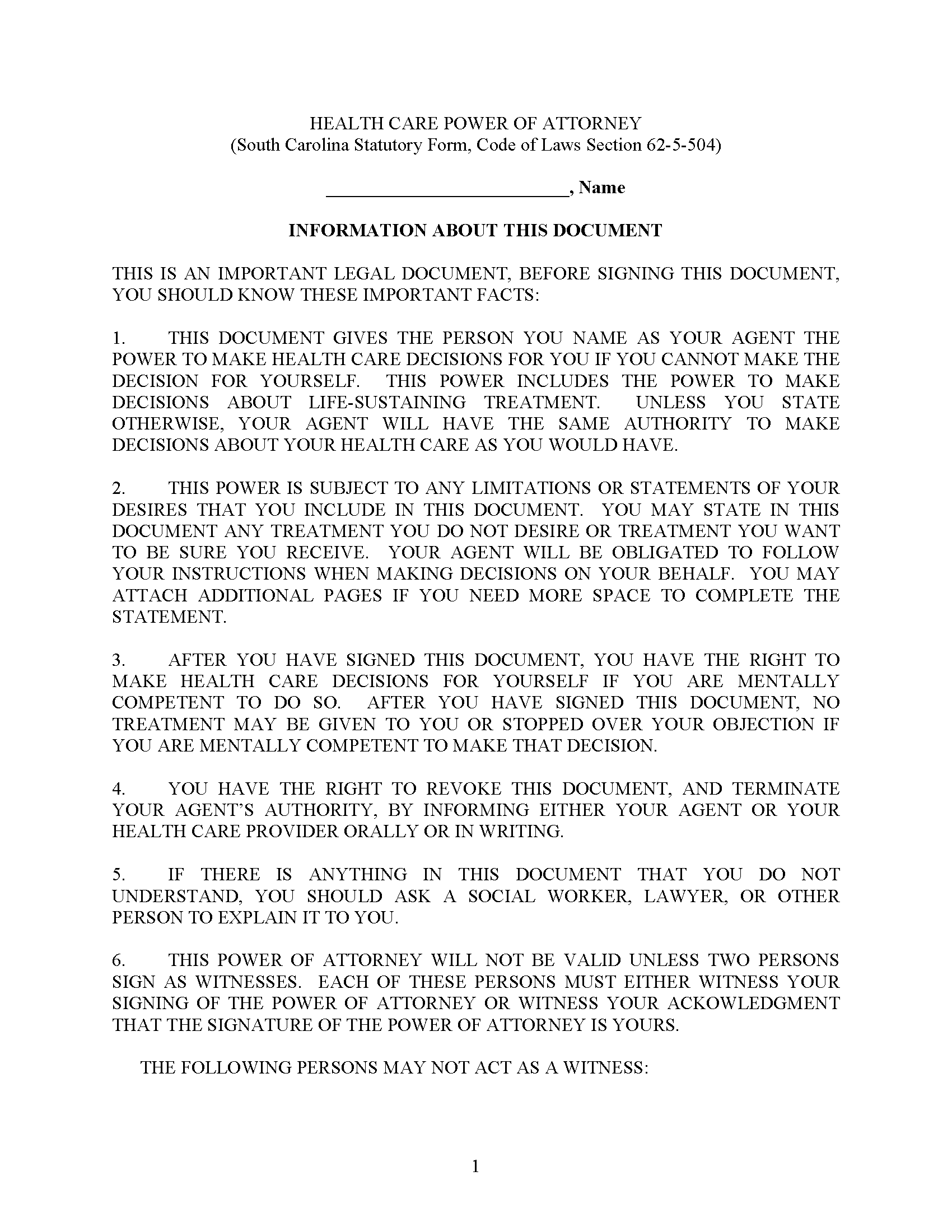Signing Requirements
A medical power of attorney must be signed by two witnesses.[1]
A declaration (living will) must be signed by two witnesses and a notary public.[2]
The witnesses cannot be:
- Related to the principal in any way.
- Financially responsible for the principal’s medical care.
- A beneficiary or heir to the principal’s estate or life insurance policy.
- The principal’s healthcare agent.
- A person with a claim against the principal’s estate.
- The principal’s physician or their employee.
No more than one witness can be an employee of the principal’s medical facility.
Advance Directive (Preview)
Revocation
Living Will
A principal can revoke a living will by destroying it (or having someone else do so) or by a written or oral revocation.[3] An incapacitated principal’s agent can revoke a living will by written or oral statement. Revocations take effect upon notifying the physician.
Medical Power of Attorney
An individual can revoke their health care power of attorney by any method that communicates to their agent or physician an intention to do so.[4]

